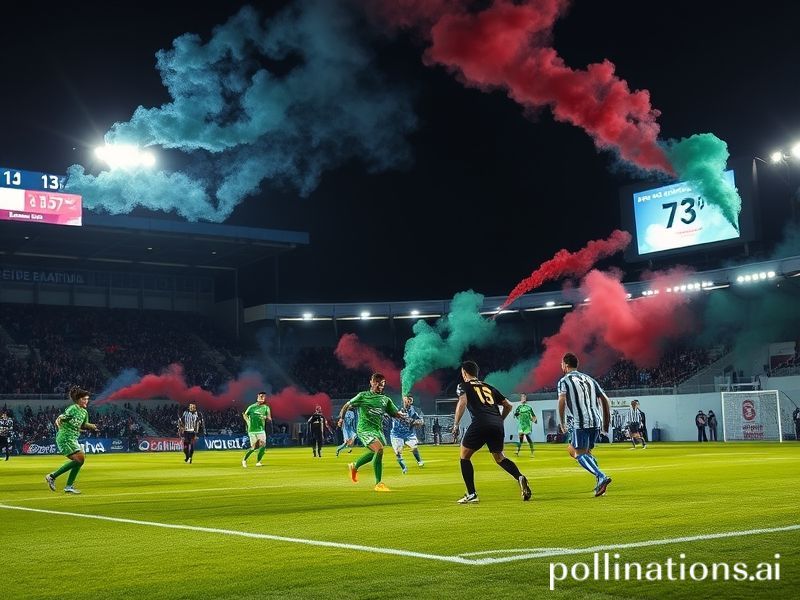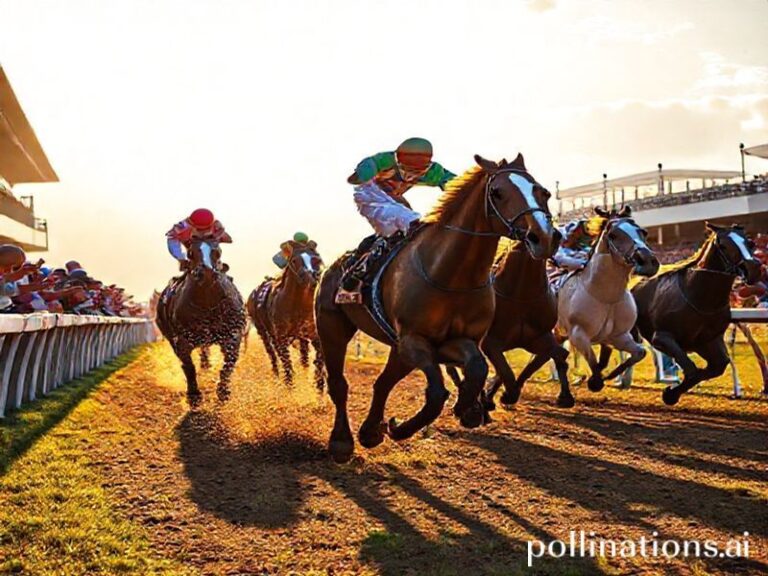Rio Ave vs Porto: A Tiny Portuguese Fixture That Explains Global Inequality in 90 Minutes
Rio Ave versus Porto: the fixture sounds like an under-funded travel documentary, but inside the Estádio dos Arcos on Saturday it will feel closer to a geopolitical micro-drama. On paper it’s match-day 29 of Portugal’s Primeira Liga; in practice it is a neat précis of how the 21st-century world really works—one corner of the Iberian Peninsula acting as a scale model for the global tension between the obscenely rich and the chronically hopeful.
Rio Ave, modest as a provincial bank branch, currently hover just above the relegation line. Their annual budget is roughly what Porto’s bench players spend on hair gel. Meanwhile, Porto—Dragões, Champions League regulars, and proud owners of a debt pile visible from the moon—arrive needing points to keep Sporting and Benfica within fist-shaking distance. The match therefore contains two of humanity’s favorite pastimes: the scrappy underdog clinging to existence, and the superpower pretending it still believes in meritocracy.
Zoom out and the parallel becomes irresistible. A small club fighting to stay in the top flight mirrors a half-dozen nations currently negotiating IMF bailouts with the same pleading smile Rio Ave’s president uses when asking for VAR leniency. Porto, meanwhile, carries the slightly bored entitlement of a multinational that has already trademarked tomorrow. Their Qatari sponsorship deal alone could cover Rio Ave’s wage bill until the heat death of the universe, or at least until the next FIFA ethics scandal—whichever comes first.
The global audience will be modest: a few insomniacs in Macau, Portuguese expats in Toronto bars nursing imperial-sized saudades, and football hipsters in Brooklyn live-tweeting tactical diagrams like medieval monks illuminating manuscripts no one will read. Yet the implications ripple outward. A Rio Ave upset would send algorithmic shockwaves through betting apps from Lagos to Manila, briefly enriching amateur gamblers who confuse courage with calculation. Conversely, a routine Porto victory will reassure hedge funds that the natural order—money defeating imagination—is still safely in place, allowing traders to return their attention to more pressing matters, such as shorting the yen or deciding which Mediterranean island to buy next.
Consider the players themselves. Rio Ave’s striker is a 31-year-old Brazilian who once had trials at Real Madrid but now measures success by whether his wages arrive by Friday. Across the pitch stands Porto’s latest teenage wunderkind, already valued at €60 million by scouts who struggle to spell his surname but know it looks excellent on a balance sheet. Somewhere in that contrast lies the entire global labor market: the veteran clinging to relevance, the prodigy monetized before puberty, both ultimately owned by holding companies registered in Delaware.
Even the referee has geopolitical resonance. A last-minute replacement after the original official tested positive for COVID—because viruses, unlike budgets, refuse to respect brand power—he will doubtless be accused on Twitter of collusion by whichever side drops points. Within minutes, Russian bots and Californian podcasters will have decided he is the puppet of either Big Pharma or the Bilderberg Group. In 2024, even a throw-in can be weaponized if the Wi-Fi is strong enough.
As the final whistle approaches, spare a thought for the ball itself—stitched in a Pakistani factory, branded in Zurich, inflated in Vila do Conde—perhaps the only participant truly aware it is being kicked around by forces larger than itself. When it nestles in the back of the net, whether for the plucky minnows or the corporate leviathans, millions of data points will suddenly crystallize into a single scoreline, proof that the universe remains cruelly indifferent to narrative.
And yet, somewhere in the stands, a child wearing a Rio Ave scarf three sizes too big will decide this is the most beautiful thing she has ever seen. Which, if you think about it, is the same transaction nations make every morning when they open the sovereign-wealth-fund app and convince themselves the numbers still mean something. Football, debt, hope—different names for the same ancient habit of betting on futures nobody can actually afford.







